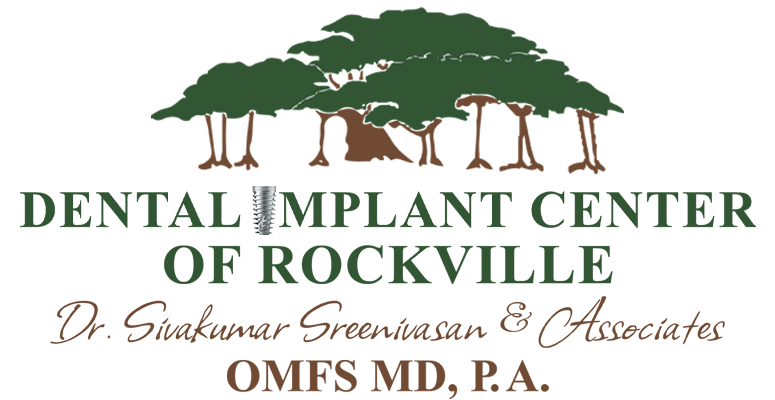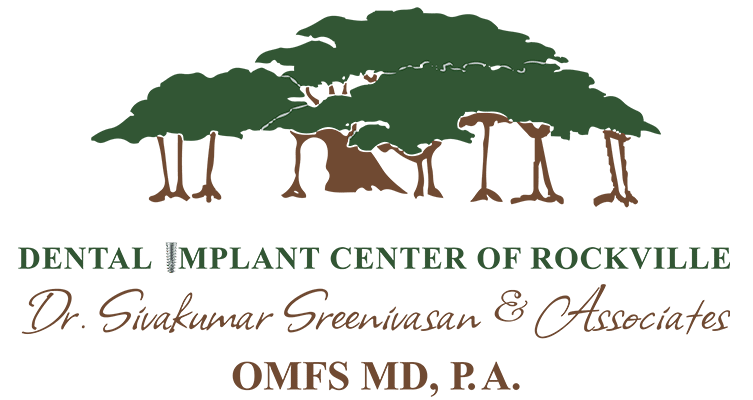What to Expect After a Tooth Extraction

Tooth extractions are one of the most common procedures performed by oral surgeons. Whether you need to have a wisdom tooth removed or you need to have an extraction to make room for orthodontic treatment, the procedure is low-risk and has few complications as long as you follow the aftercare instructions we provide to you. Here’s what you can expect after your tooth extraction.
Simple Extraction vs. Surgical Extraction
First, it’s important to note that there are significant differences in recovery from simple extractions and surgical extractions. When a tooth is fully erupted, it can be removed with a simple extraction. This involves loosening the tooth with a tool called an elevator, then removing it with forceps. Because this procedure is non-surgical, recovery is faster and less uncomfortable than that of a surgical extraction.
Surgical extractions are needed for teeth that are fully or partially impacted or teeth that are fused to the bone. This means that the tooth is prevented from erupting by another tooth or because of its position in the jaw. An incision is made in the gum tissue so we can access the tooth and jawbone; bone may need to be removed in order to extract the tooth and in some cases, your tooth needs to be sectioned and removed in pieces. You are likely to experience more discomfort and a lengthier recovery from this type of extraction.
Recovery for Tooth Extractions
In the first hour after your extraction, whether it’s a surgical extraction or simple extraction, you will be asked to bite down firmly on gauze to promote the formation of a blood clot. Once you’re home, you can take your pain medication as directed and then plan on getting rest. Take it easy for 24 to 48 hours after surgery.
You may experience a small amount of bleeding, some bruising, and significant swelling, which usually reaches its peak in the first 40 hours after surgery. Both cold compresses(first 24 hours) and warm(after 24 hours), compresses can help with swelling. Pain is to be expected, but it should be manageable as long as you take your medications as directed, get the rest your body needs to heal, and follow our dietary instructions.
After the third day post-surgery, you should notice that you’re starting to feel more comfortable. At this point, you can begin to slowly incorporate more activity into your day. You’ll still have swelling, but you can start eating warm soft foods, rather than liquids and purees.
When to Contact Dr. Sreeni
It’s natural to feel discomfort after a tooth extraction, but by resting and following our aftercare instructions, you will minimize your risk of complications and after about a week, you should feel more or less back to normal. If you experience any of the following symptoms, contact Dr. Sreeni:
- Your pain is uncontrolled, even after taking your pain medications as directed.
- Pain and swelling are getting worse with each passing day, instead of getting better.
- You have a fever or chills.
- Bleeding is severe and heavy.
- You notice an odor or discharge from the surgical site.
Learn More About Tooth Extractions
If you’d like to learn more about what to expect from a tooth extraction procedure, contact us today at 301-294-8700 to schedule a consultation with Dr. Sreeni.
Recent Posts
Contact Us
Twice a Month

